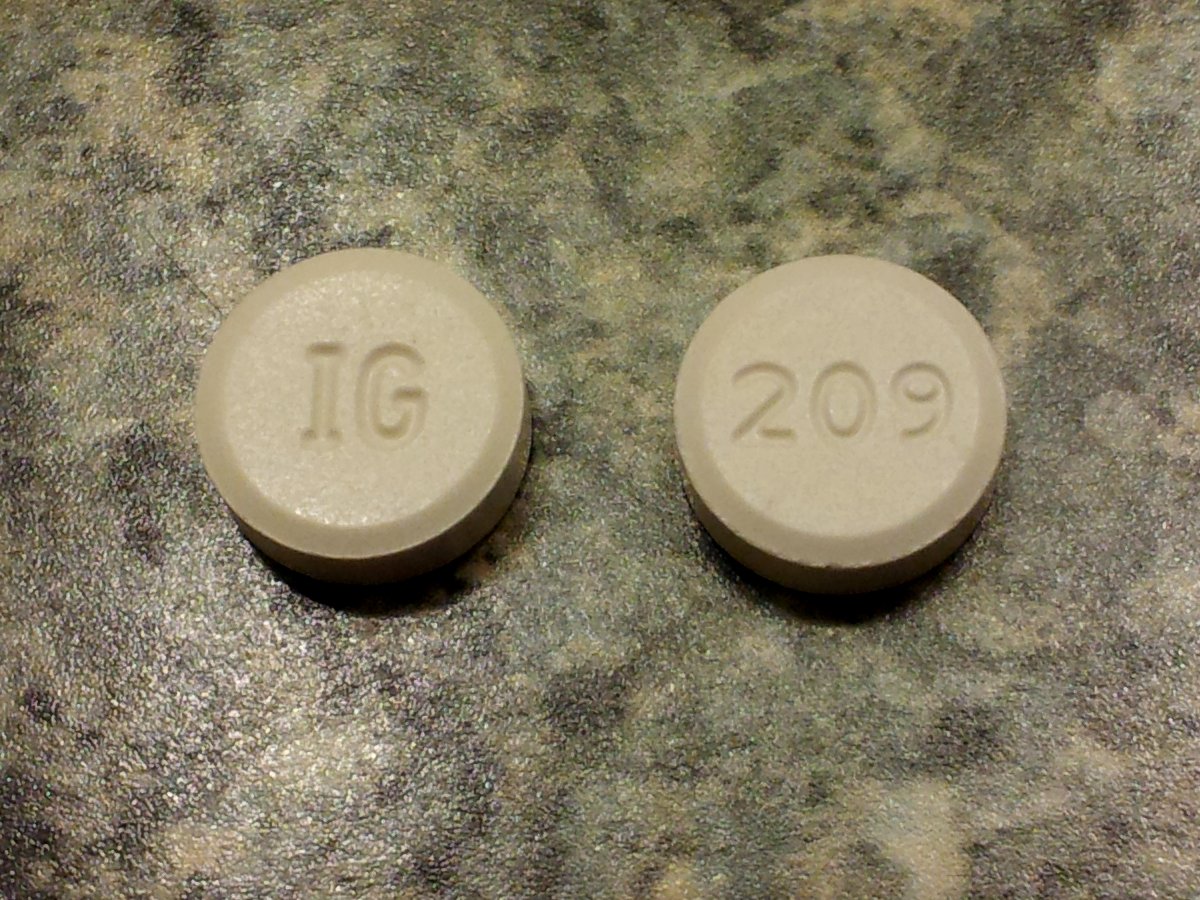
Pioglitazone hydrochloride is the drug which is used for treating type 2 diabetes mellitus. This drug regulates high blood sugar when the body’s natural hormone insulin does not work appropriately. This medicine helps the body to make use of insulin in the most effective way. Pioglitazone hydrochloride also has function in reducing the production of excessive amounts of sugar in the liver. It can be used alone, or in the combination with some other drugs in therapy.
Before using this drug, the patient must consult the doctor who must be informed about the patient's health history. There are several cases when Pioglitazone hydrochloride is not recommended. If the patient is a woman, she must tell the physician if she is pregnant or if she is breastfeeding. Furthermore, the patients with heart problems or kidney and liver diseases must be careful when using this drug.
Pioglitazone hydrochloride is taken orally once a day with a drink of water.
As the most of the medicines, Pioglitazone hydrochloride also has some side effects. The appearance of the side effects depends and varies from person to person. The person who takes this drug, usually complains of a headache and increase of the body weight. Nausea, vomiting, tremors, and shakings are also very frequent. A sore throat is very common occurrence when using this medicine. The diarrhea, yellowing of the skin or eyes or cool, pale skin are also likely to happen.
Moreover, the person may complain of tiredness, weakness, slow heartbeat and muscle pain. In addition to these side effects there are even a few more, such as increased cold sweating, problems with breathing, problems with senses, especially with hearing and vision, anxiety, confusion and unusual swelling of hands, arms and legs. There are cases when the use of Pioglitazone hydrochloride causes even anemia because it reduces hemoglobin and hematocrit, and this often happens when Pioglitazone is combined with Sulfonylurea or Metformin. It also negatively affects upper respiratory tract and teeth causing some problems.
Apart from side effects mentioned above, there have been cases where the following problems occurred: bone pain, chest pain, dark urine, pale stools, serious allergic reactions such as rash and hives, constant loss of appetite.
When Pioglitazone hydrochloride is combined with Sulfonylurea or insulin, then it is common to appear mild hypoglycemia as an endocrine side effect.
Cardiovascular side effects include edema. It is common for hepatic side effects such as liver damage to appear, as well as the ocular side effects which include problems with vision, such as blurring.









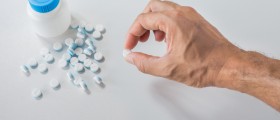
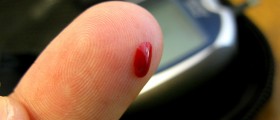

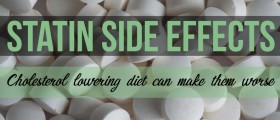

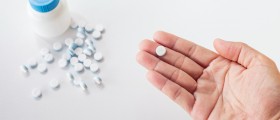


Your thoughts on this
Loading...